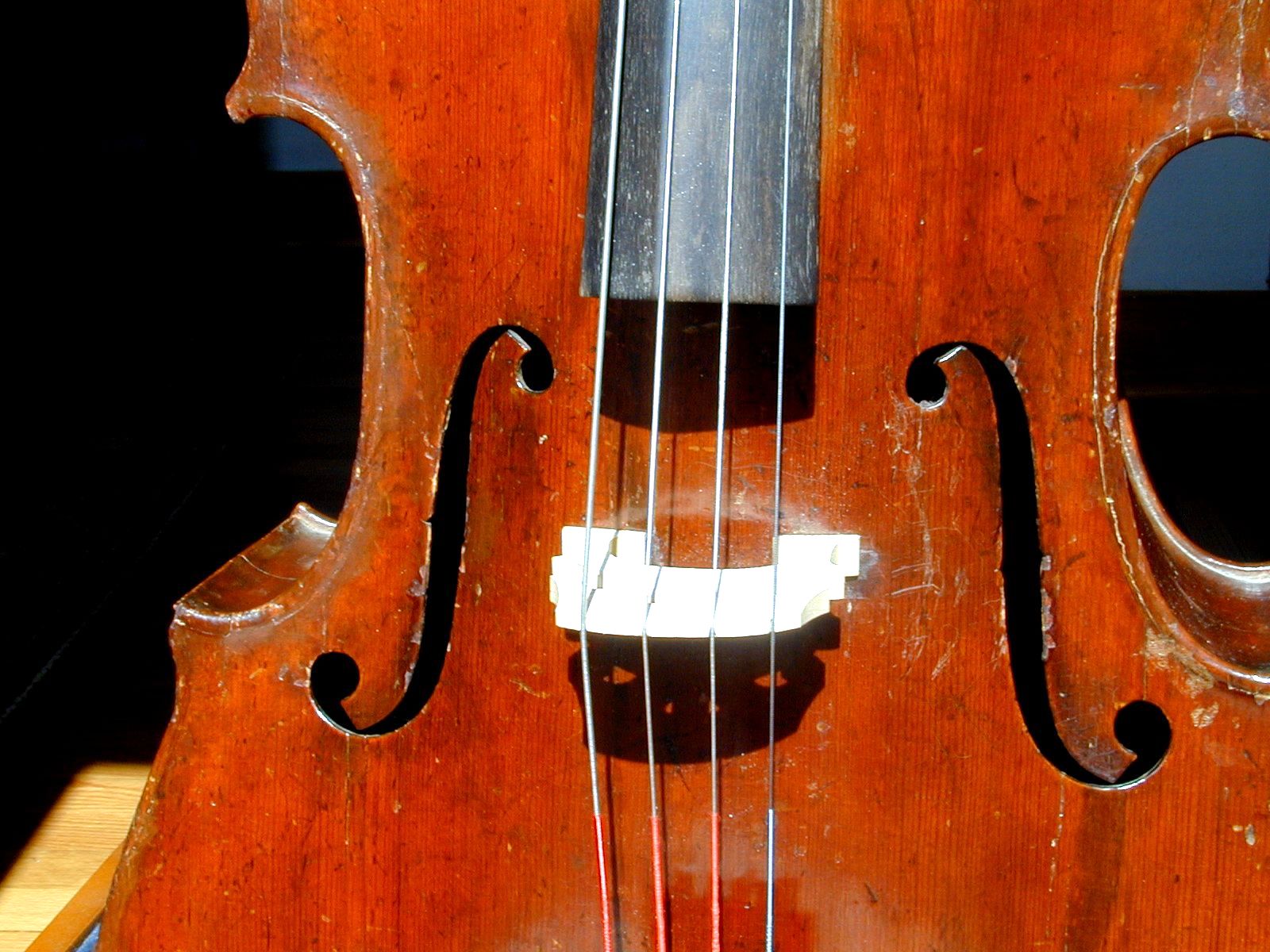Professor Kaiser characterized the Ku Klux Klan as a terrorist organization: "The Ku Klux Klan was, very simply, a terrorist organization dedicated to re-imposing white rule by force, something it gradually managed to do." DK
That seems very much true enough.
Let's continue that discussion with my post below :
Monday, July 20, 2015
RE NATION STATES TERRORISM CIVIL WAR BOBBITT
Reading Bobbitt's works, especially passages in Shield, it becomes clear that he viewed Lincoln's Union as what he terms the first nation state. It gets lumped in with all the belligerents of The Long War, and with the strategic implications of total war, with which he identifies the nation state itself as with a moniker.
In his view, it seems, nation states are inherently prone to total war and terror. See especially the passage in Shield at p 217. This has been an ideological fallacy of the so called Milner Group since the early 20th Century. I take it that Bobbitt is firmly in that tradition, quibble though he might with Sir Michael Howard, another ' member '.
He characterized Davis' Confederacy as a state nation (remnant), fighting a war, where feasible, only against official military units of the Union, and disdaining guerilla tactics as well as attacks on civilians or property as being undignified, immoral, and ungentlemanly.
Lincoln's Union was not only the first nation state, under Bobbitt's analysis, but also the first terrorist nation state, in that it attacked the state nation- like Confederacy (its own federal territory, by its own definition) in what has been characterized as a strategy, in the end, and ultimately long after, of depopulation and terror.
The freeing of the slaves (only in the Confederacy) as a war measure was conceived, and was quite understandably treated in the Confederacy, as a terrorist measure against the Confederacy and its population, erstwhile citizens of the US for whom the Union claimed to stand.
Although there were Confederate guerrillas whose activities could not be well controlled, the Confederate Army apparently did not attack either Northern civilians or destroy their property. Rather like Frederick The Great.
See also Moyar's book on insurgency, the Civil War and Reconstruction Chapters.
I should point out that I do not really agree with Bobbitt's analysis or emphasis on some of these issues, and he might of course claim that I have misinterpreted his material in Shield. But if you disagree with this account, take a look at Shield, take it up with Bobbitt, not me.
Bobbitt thought, differing also from Professor Kaiser, that Taney's views in Dred Scott were not so far wrong:
Friday, June 2, 2017
RE DK POST RE DRED SCOTT DECISION
Looking back through Bobbitt, I find an interesting passage in Constitutional Fate, p 86, 87, discussing Bickel's The Morality of Consent, a chapter called Structural Argument, (although the decision has normally been seen, including by DK, as an historical one, or perhaps as he says a right wing originalist one).
Here it seems to be squibbed as an example of structuralist jurisprudence, and we see Bobbitt concluding that Justice Taney in Dred Scott was perhaps tragically, as he put it, not so far from wrong.

